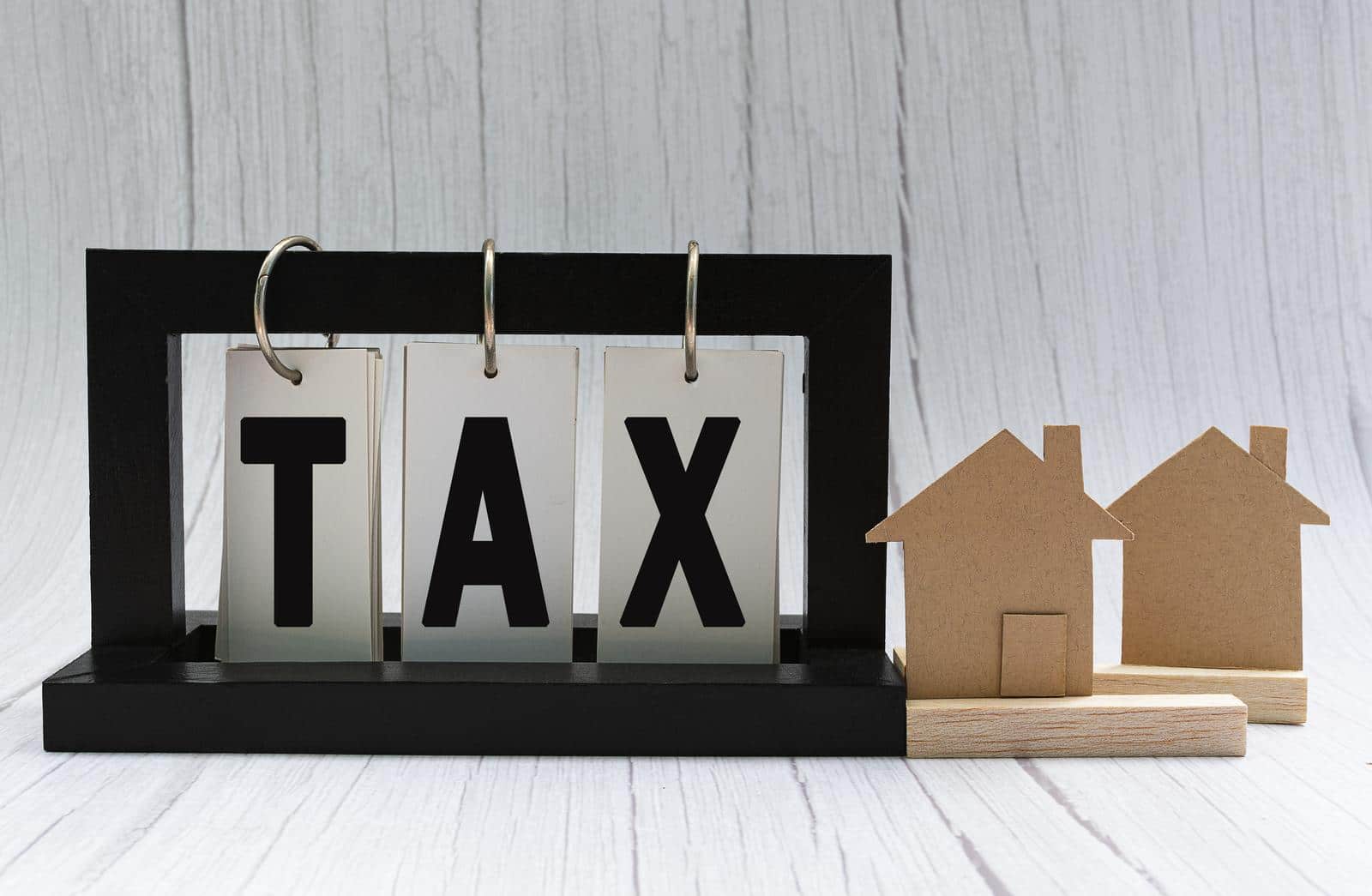We’re now well into the new tax year, which started on the 6th April. This means it can be the perfect time to start looking at your mortgage options and how much you’d be able to borrow, if you’re self-employed.
This is because, when looking at your income, a mortgage lender may use your tax calculation from previous years, to determine how much they will lend. A tax calculation is the document produced when you submit your tax return. So, given that you can now submit your return for the 2021 – 2022 tax year, you could use this proof of income when applying for your mortgage.
It’s important to note, that if you’re a director of a limited company, there are options other than using salary and dividends, such as taking your share of net profit from your company accounts, rather than your tax return.
What figures will be used from my tax return for a mortgage?
The terminology used can be different for the varying types of self-employment. The tax calculation produced will categorise income in various ways:
- Sole Trader = Profit from self-employment
- Company Director = Salary and dividends
- Partnership = Profit from partnerships
- Rental / Landlord income = Profit from land & property
How do I submit my tax return?
If you have an accountant, they can do it for you. If you are a company director then this is standard, however, as a sole trader, you can do this yourself via the HMRC online portal.
What documents will I receive when I submit my tax return?
A tax calculation will be produced immediately, once submitted. A few days later, you will then be able to access a Tax Year Overview. You will also receive a SA100 which is a full copy of the return and all its entries. These may be requested for your mortgage application, so keep them safe.
How many years worth of tax documents do I need?
Each lender is different with their criteria, and what they will allow. Most lenders require at least 2 years figures for proof of income. However, if you only have 1 years accounts and are looking for a mortgage, our advisers have access to specialist lenders that accept this.
Will they take the latest year’s figures or an average, for a mortgage?
Again, every lender is different, some may average out the last 2 years orth of income, but some may take the latest. If you were adversely affected by Covid-19, there are lenders that may disregard that year too. Our advisers can navigate the different lender options and advise one that will better fit your circumstances and your borrowing needs.
How do I know how much I can borrow for a mortgage when I am self-employed?
Speak to an adviser today! They understand the different types of income you may have, and how the varying lenders assess it all. Advisers can give you a rough idea of a borrowing amount, but can also go into more detail once they have seen your tax calculation.
I am a company director and want to use net profit for a mortgage, can I do this?
Yes! Sometimes, working from your tax calculation and taking salary and dividends, may not be the best course of action, if you have retained profits in the business. If you haven’t withdrawn all profit by way of dividends, lender’s understand this, and there are some that will work from your net profit plus salary. An adviser can go through these options with you.
Now may be the best time to see how much you can borrow on a mortgage if you’re self-employed!

